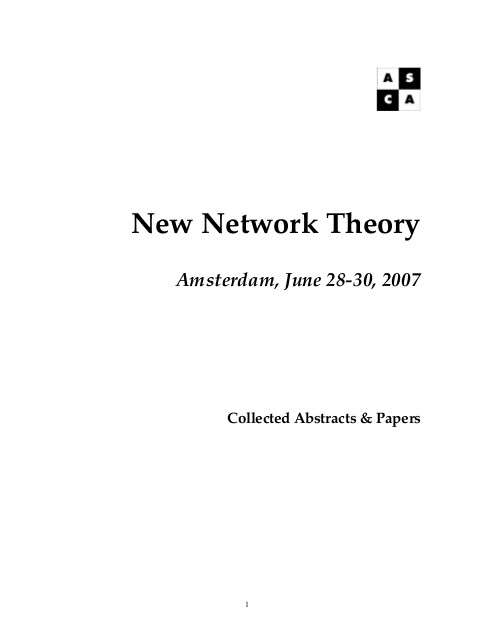Eric Gordon, Adriana de Souza e Silva: Net Locality: Why Location Matters in a Networked World (2011)
Filed under book | Tags: · facebook, gps, locative media, mobile technology, privacy, social networks, sousveillance

Provides an introduction to the new theory of Net Locality and the profound effect on individuals and societies when everything is located or locatable.
– Describes net locality as an emerging form of location awareness central to all aspects of digital media, from mobile phones, to Google Maps, to location-based social networks and games, such as Foursquare and facebook.
– Warns of the threats these technologies, such as data surveillance, present to our sense of privacy, while also outlining the opportunities for pro-social developments.
– Provides a theory of the web in the context of the history of emerging technologies, from GeoCities to GPS, Wi-Fi, Wiki Me, and Google Android.
Publisher John Wiley & Sons, 2011
ISBN 1405180609, 9781405180603
200 pages
PDF (updated on 2013-2-6)
Comment (0)Adrian Mackenzie: Wirelessness: Radical Empiricism in Network Cultures (2010)
Filed under book | Tags: · locative media, network culture, networks, technology, wireless networks

How has wirelessness—being connected to objects and infrastructures without knowing exactly how or where—become a key form of contemporary experience? Stretching across routers, smart phones, netbooks, cities, towers, Guangzhou workshops, service agreements, toys, and states, wireless technologies have brought with them sensations of change, proximity, movement, and divergence. In Wirelessness, Adrian Mackenzie draws on philosophical techniques from a century ago to make sense of this most contemporary postnetwork condition. The radical empiricism associated with the pragmatist philosopher William James, Mackenzie argues, offers fresh ways for matching the disordered flow of wireless networks, meshes, patches, and connections with felt sensations.
For Mackenzie, entanglements with things, gadgets, infrastructures, and services—tendencies, fleeting nuances, and peripheral shades of often barely registered feeling that cannot be easily codified, symbolized, or quantified—mark the experience of wirelessness, and this links directly to James’s expanded conception of experience. “Wirelessness” designates a tendency to make network connections in different times and places using these devices and services. Equally, it embodies a sensibility attuned to the proliferation of devices and services that carry information through radio signals. Above all, it means heightened awareness of ongoing change and movement associated with networks, infrastructures, location, and information.
The experience of wirelessness spans several strands of media-technological change, and Mackenzie moves from wireless cities through signals, devices, networks, maps, and products, to the global belief in the expansion of wireless worlds.
Publisher MIT Press, 2010
ISBN 0262014645, 9780262014649
255 pages
PDF (updated on 2012-7-15)
Comment (1)New Network Theory: Collected Abstracts and Papers (2007)
Filed under proceedings | Tags: · actor-network theory, aesthetics, assemblage, internet, locative media, network culture, networks, social movements, web, web 2.0

On 28 – 30 June 2007, the Institute of Network Cultures and Media Studies, University of Amsterdam and the Amsterdam School for Cultural Analysis, organized the international conference New Network Theory. The object of study has shifted from the virtual community and the space of flows to the smart mob. When the object of study changes, so may the distinctions that dominate, particularly the schism between place-based space and place-less space, both organized and given life by networks. New Network Theory explored contemporary network theory that suits and reflects the changes to the objects of study that come to define our understandings of network culture – a post-Castellsian network theory, if you will, that takes technical media seriously.
themes: network theory, the link, locative media, networks and subjectivities, networking and social life, art and info-aesthetics, actor-network theory and assemblage, networks and social movements, mobility and organisation, anomalous objects and processes, and the global and the local.
speakers: Katy Börner, Wendy Chun, Noshir Contractor, Florian Cramer, Rob Stuart, Jean-Paul Fourmentraux, Matthew Fuller, Valdis Krebs, Olia Lialina, Noortje Marres, Anna Munster, Warren Sack, Alan Liu, Ramesh Srini-vasan, Tiziana Terranova, Siva Vaidhyanathan, and many others.
PDF
Three additional papers (Verheij, Cramer, Goriunova)

